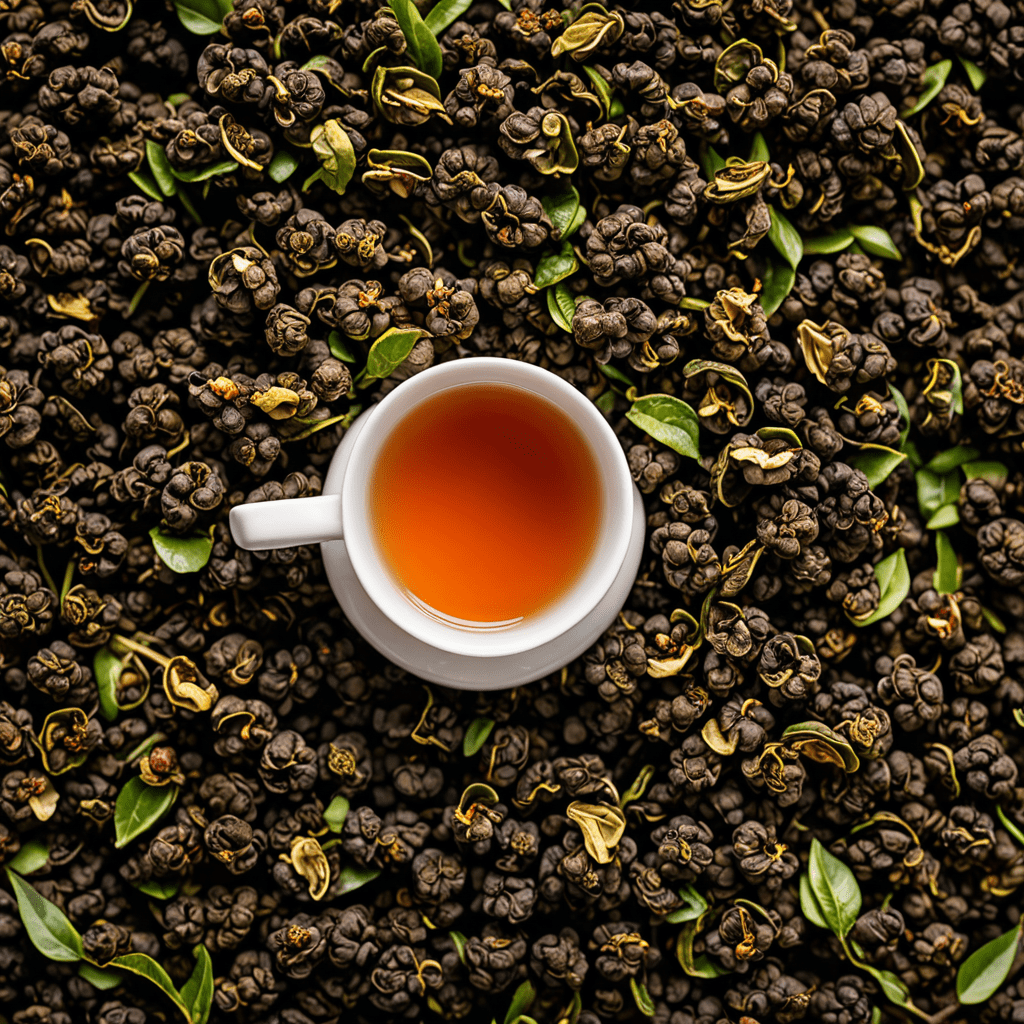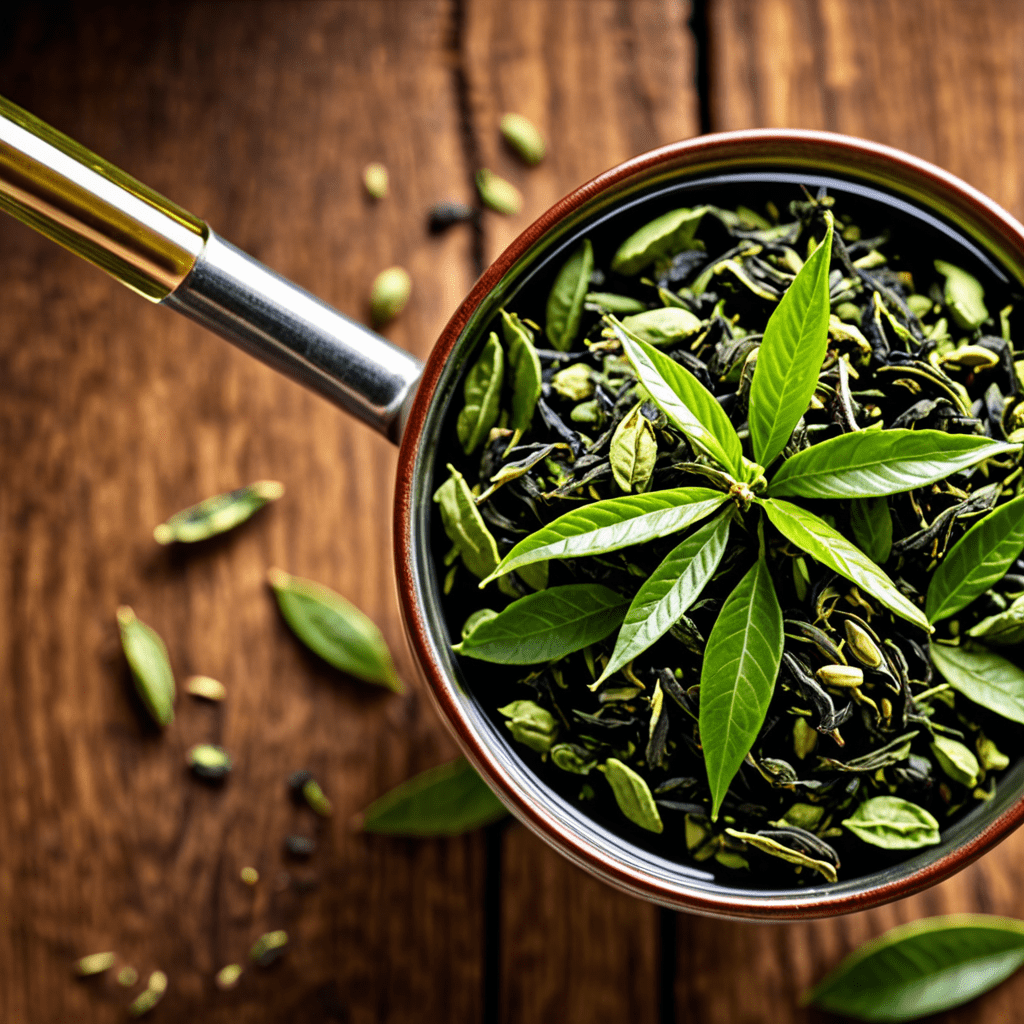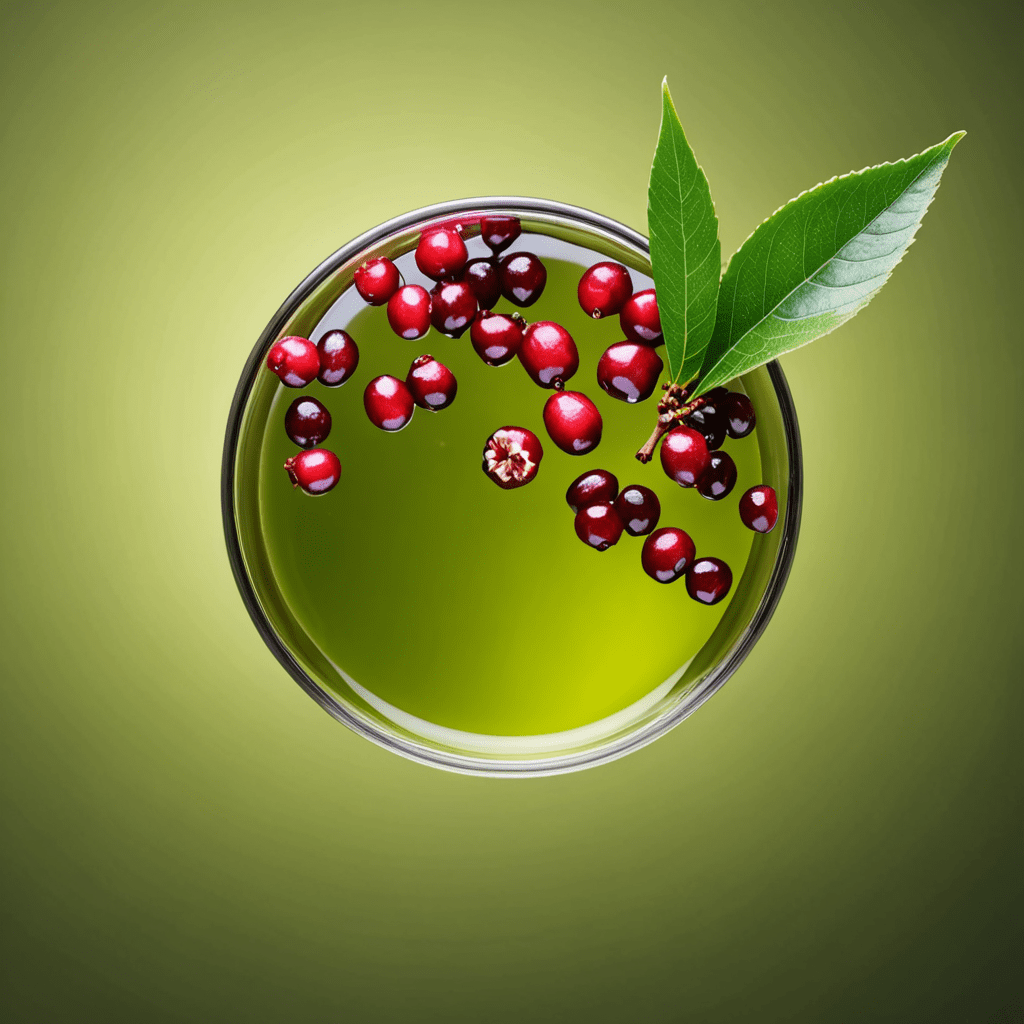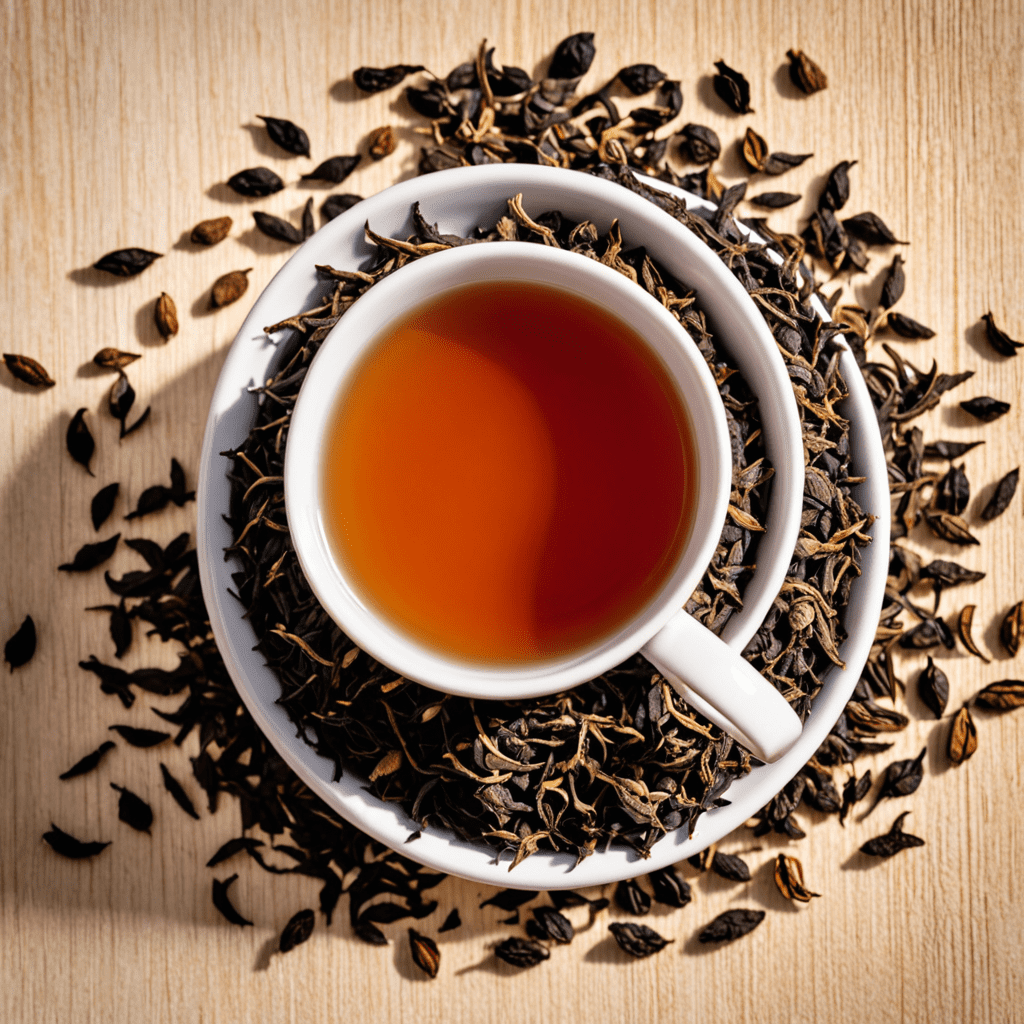Oolong Tea: From Plantation to Teapot
The Origins of Oolong Tea
Oolong tea, a traditional Chinese tea, has a rich history dating back centuries. It falls between green and black teas in terms of oxidation levels, offering a unique flavor profile.
The Tea Plantation
The journey of oolong tea begins in lush and carefully tended plantations. These plantations are often nestled in the misty mountains of China and Taiwan, where the tea plants thrive in the ideal climate and altitude.
The Art of Tea Picking
Skilled hands pick the tea leaves at the precise moment to ensure the perfect balance of flavors. The delicate process of harvesting the leaves contributes significantly to the tea’s quality.
Oxidation and Processing
After harvesting, the leaves undergo a meticulous process of oxidation and rolling. This step plays a crucial role in determining the unique characteristics of oolong tea, such as its floral or fruity notes.
Firing and Drying
Once the leaves have reached the desired level of oxidation, they are fired to halt the process. Subsequently, the leaves are carefully dried to preserve their flavors and aromas before packaging.
The Brewing Ritual
Preparing oolong tea is as much an art form as its cultivation. The correct water temperature, steeping time, and teapot type all influence the final flavor of the tea. Whether enjoyed hot or cold, oolong tea offers a sensory experience like no other.
Exploring Oolong Tea Varieties
From light and floral to dark and robust, oolong tea comes in a variety of flavors to suit every palate. Whether it’s the famous Tie Guan Yin or the bold Da Hong Pao, each variety tells a unique story of craftsmanship and tradition.
What is Oolong Tea?
Oolong tea is a traditional Chinese tea that falls between green and black tea in terms of oxidation. It undergoes a partial oxidation process, giving it a unique flavor profile.
How is Oolong Tea Made?
Oolong tea is made by withering the tea leaves under the sun, gently bruising them to start oxidation, then firing them to stop oxidation at varying levels depending on the desired oolong type.
What are the Different Types of Oolong Tea?
There are various types of oolong teas, ranging from light and floral to dark and roasted, depending on the level of oxidation and the specific processing techniques used.



